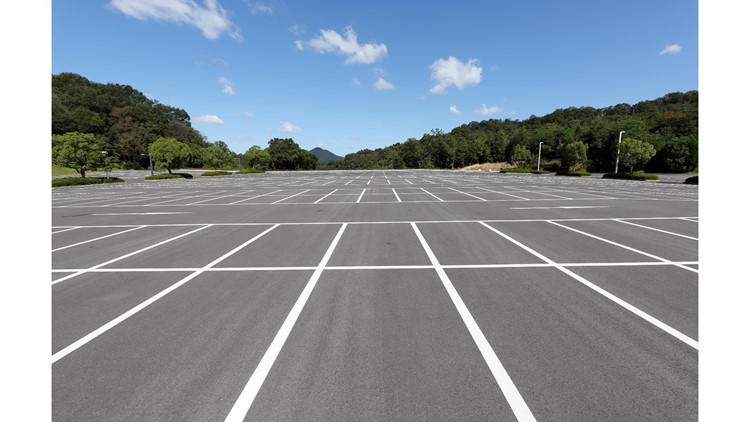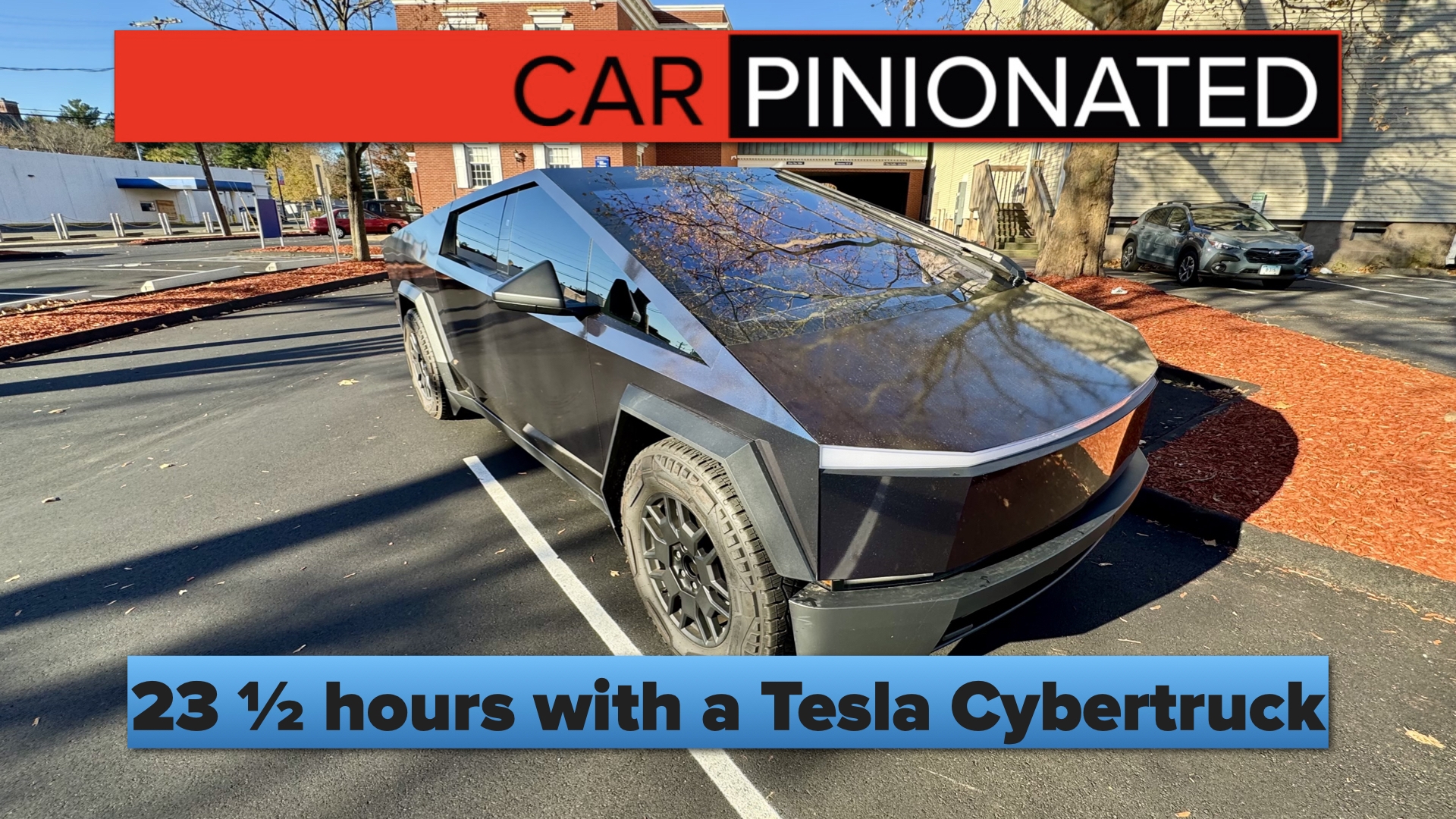A new San Francisco-based company is planning to build the country's first car-free neighborhood and has named Dallas as a place it could bring the concept to next.
But where exactly could such a community fit locally?
The company behind this concept is called Culdesac and was founded last year by former Opendoor founding member Ryan Johnson and economic development specialist Jeff Berens.
The company's first planned development will be in Tempe, Ariz. It will be built on 16 acres and would cost $140 million. The proposed community would see about 1,000 residents living within 636 housing units, surrounded by communal space, green space and 24,000 square feet of retail. Instead of using their own cars, residents would instead have access to a number of other transportation methods, including light rail, buses, ride-sharing, bikes, an on-site car-share fleet, scooters and more.
Though work has yet to begin on the project, the company says the community will open by fall 2020.
While Culdesac is also looking at opportunities around Raleigh, North Carolina and Denver, the company says it picked Tempe for its maiden development due to the city's thriving job market, growing population and land available near its light rail system. These three things are also present in Dallas.
Though Culdesac declined an interview with the Business Journal to expound upon its local plans and local sources say they have not been contacted by the company, it's worth considering where such a community could fit within Dallas-Fort Worth.
"It could work in Uptown, Deep Ellum, areas closer to the urban core," said Chuck Dannis, senior managing director of National Valuation Consultants and adjunct professor at Southern Methodist University.
He cited these areas as not only possessing good access to Dallas Area Rapid Transit's bus and rail systems, but also due to the "personalities" of the people who live there and their willingness to support different modes of transportation. He does worry, however, about the cost of such land compared to similar sites outside of the urban core.
"Where would you get 16 acres that doesn’t cost in the triple digits [per square foot]? They might have to go way north or way south for that. I love the concept, but they might be late to the game. When I think about people who would be into a car-less lifestyle, they don’t live in the suburbs," Dannis said.
For an expanded version of this story, click here.



